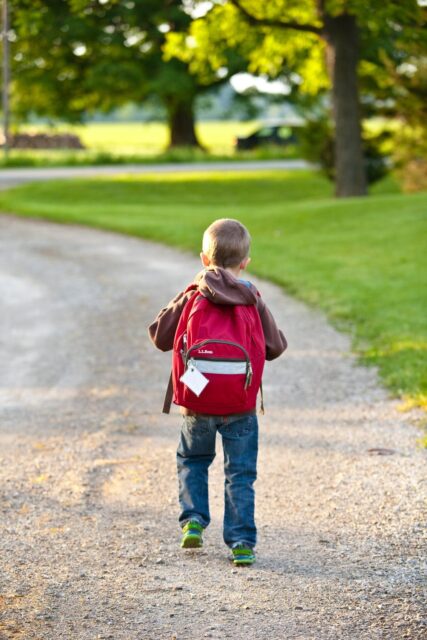
Kindergartners are fabulous kids. They are often joyful, exuberant, and creative. They are capable of many new developmental tasks, including turn-taking, pretend play with other children, feeling “grown-up,” independent play, seeking adult approval, and demonstrating a sense of humor with children and adults. They are beginning to read, spell, and do some math. All of which are great things. But, sometimes, kindergartners also can have behavioral concerns, such as aggression, defiance, argumentativeness, and peer conflict. Often, parents’ natural reaction is to “wait and see” or maybe even assume “it’s a phase,” given that these kids are so young! However, recent research in the Journal of Clinical Child and Adolescent Psychology suggests that kindergartners with behavioral problems may experience more peer rejection. As a result, they may see themselves more negatively based upon these difficult social interactions, leading to increasing rates of depression in later childhood.
What does this mean for parents?
- Be proactive and address behavior problems early on, particularly if they involve other children.
- Talk to your child’s teacher, and listen. Ask about peer relationships.
- Work with a psychologist or therapist who has training with children to help. You will learn what behaviors to encourage and praise, and ones for which to set limits. There are very effective techniques for behavior management of young children which are based on good science and research. If you don’t know of a good provider, ask your pediatrician for a referral.
- Talk to your child’s teacher or school about friendship groups or social skills groups in order to help with friendships.
- Help your child to learn to navigate social rules by providing supervised opportunities for them to play in small groups for brief amounts of time. Teach him/her to request, bargain, negotiate, and apologize.
- Teach your child to understand and cope with strong feelings by giving them words to use. “You seem SAD about going home, ANGRY at your friend ….”
- Work on building up confidence with other children through praise and effort. Work on self-calming, such as taking a break, or taking deep breaths when your child is struggling at home, as well as in public.
References
- Gooren, E., van Lier, P., Stegge, H., Terwogt, M., and Koot, H. (2011) Development of Conduct Problems and Depressive Symptoms in Early Elementary School Children. Journal of Clinical Child and Adolescent Psychology, 40, 245-253.
![]()
